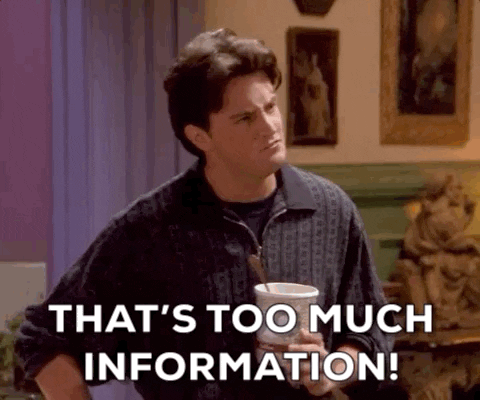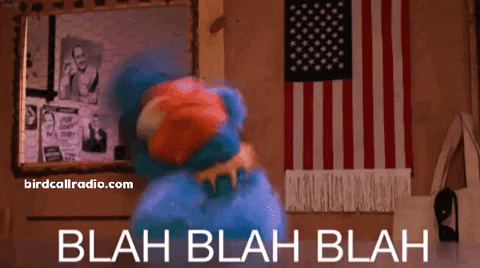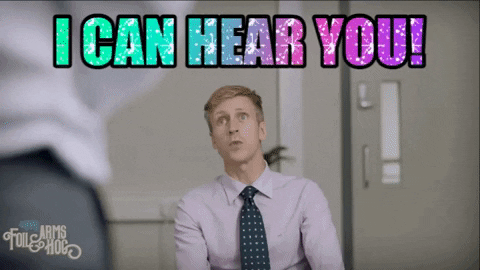
Don’t Make These 6 Amateur Fiction Writing Mistakes
Writing is a skill that can always be sharpened, but when you’re just starting out, you’re likely to make some amateur fiction writing mistakes–and that’s okay! You’re still learning. Keep reading to know how you can avoid these writing mistakes.
I’ve been writing and editing manuscripts for over half a decade, and it’s only now that I’ve realized what an objectively bad writer I was until a few years ago. Because these 6 mistakes I’m about to mention were in every chapter of every book I used to write.
Thankfully, I’ve since learned and improved my writing skills, which is how I recently signed with the amazing Rachel Beck of Liza Dawson Associates! [Click here to read all about it!] Are you ready to know what these mistakes are?
#1: Telling & Showing Imbalance

You’ve probably heard the most common piece of writing advice on the planet: show, don’t tell. I’m going to actually reframe that to show and tell. Trust me, you need a balance of both when you’re writing fiction. I recommend you use ‘showing’ to further the plot and character arc, and use ‘telling’ for scene transitions and brief backstory. Speaking of which…
#2: Info Dumping

This is one of the most common fiction writing mistakes newbie authors make when writing backstory. Instead of delivering your characters’ backstory in the first few chapters, sprinkle it in throughout the book! Keep the reader guessing and on the edge of their seat so they don’t have to skim through page after page of backstory.
#3: Repetitive Filler Words

Every author has words they use repeatedly throughout scenes or chapters that don’t drive the dialogue, character, or plot forward. Some of these filler words are: just, that, looked, felt, and started to. The one I rely on too much is just!
For a full list of these words, go here.
#4: Head-hopping Within Scenes

Although shifting points of view (POVs) may work well in the omniscient style of writing, in most cases, head-hopping can confuse the reader or pull them out of the narrative. You want to write from ONE character’s perspective or point of view throughout the full scene or chapter, depending on your book’s structure.
If you’re still unsure of what head-hopping entails, check out this post all about it.
#5: High or Low Word Count

If you’re hoping to get a traditional book deal by querying literary agents, this is a very important one to look out for. But even for indie authors, there’s a certain word count readers expect from each genre. If your science fiction/fantasy novel is only 20,000 words, or if your contemporary romance is 300,000 words, for example, readers might not pick it up.
And in the case of querying, you’ll likely get a form rejection from agents without them even reading your sample chapter. Traditional publishing is a business–and unless your (debut) book fits within the genre conventions, publishers will be reluctant to give you a shot. There are always exceptions, but more often than not, you’re the rule.
Click here for my post about typical industry standard for word counts based on genre.
#6: Too Many Dialogue Tags

As a general rule of thumb, if it’s obvious which character is talking, you don’t need a dialogue tag or action tag at all. But if you do need to specify who’s talking, sticking to one tag per dialogue is best practice, unless there’s a break or pause in the dialogue.
For example, here’s what I mean by ‘too many’: John sighed. “I can’t believe you’d do that,” he said. “I thought we were friends.” He paused. “Aren’t we?” he asked.
That’s four ways the author is telling us John is the speaker. If it were me, I’d write the same dialogue this way: John sighed. “I can’t believe you’d do that. I thought we were… friends.” He bit his lip, then added, “Aren’t we?”
You could make it even shorter by trying: “I can’t believe you’d do that,” John said, sighing. “I thought we were friends… aren’t we?”
This absolutely depends on your authorial voice and writing style. But the fewer dialogue/action tags you use to express the same sentiment, the better.
So these were the 6 fiction writing mistakes amateur authors often make. Are you guilty of any of these, the way I was years ago? Comment below and let me know. Until next time!
PS: If you’re looking for support while writing, editing, or querying your manuscript, check out this page to know more about my services.
Love hard & dream big,

You May Also Like

5 Literary Agent Red Flags for Querying Authors
March 18, 2022
How To Write a Damn Good Novel: My Writing Process
April 21, 2022

